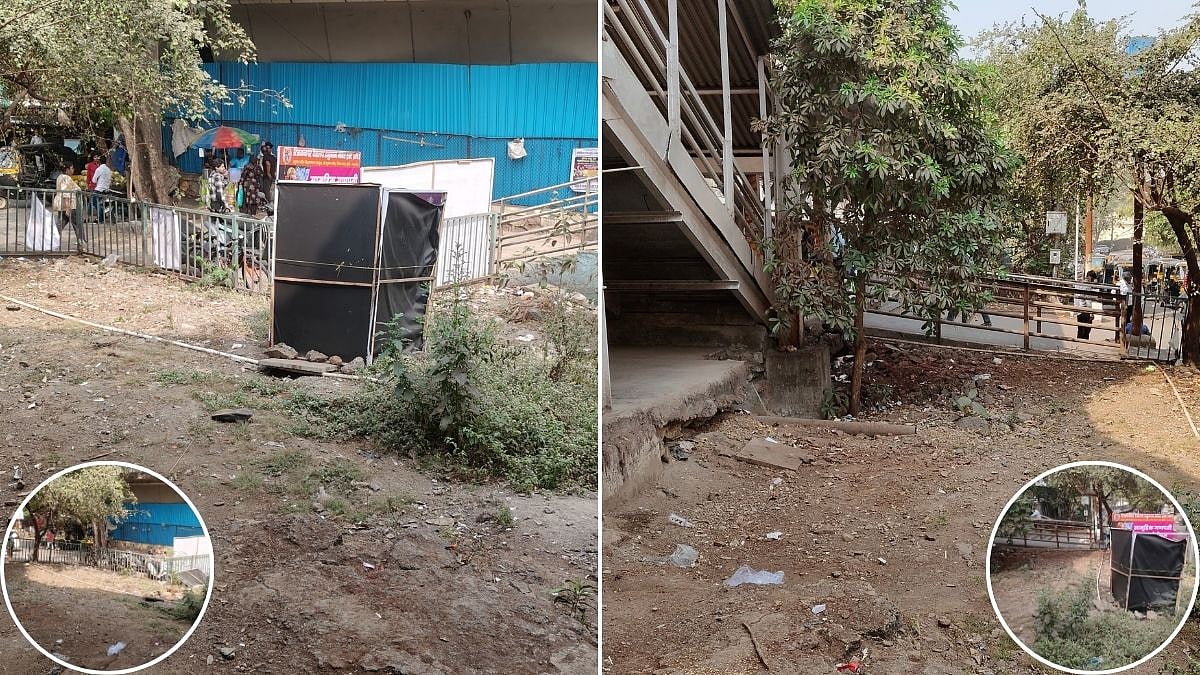The Aurangabad bench of the Bombay High Court has dismissed the plea by 1993 Bombay bomb blast convict Sardar Shahvali Khan seeking to be transferred to an open prison observing that the convicts under the Terrorist and Disruptive Activities (Prevention) Act, 1987 (TADA) can fall under the category of prisoners ineligible for confinement in an open prison.
Khan ED witness in Nawab Malik case
Khan has been cited as a witness by the Enforcement Directorate against NCP leader Nawab Malik in a money laundering case.
A division bench of Justices Mangesh Patil and Abhay Waghwase observed: “Considering the category of prisoners mentioned in sub Rule (ii), the convicts for grave offences and habitual offenders are excluded from the benefit of selection for confinement in an open prison. The convicts under TADA, in our opinion can easily fit in such category of prisoners who have been excluded from such benefit.”
IG has used discretion appropriately: HC
The judges further noted that if the Inspector General (IG) of Prisons has found Khan “unfit being a convict under Mumbai Bomb Blast 1993 case (to be transferred to open prison), we find that he has used the discretion appropriately”.
Also, the bench took a stern view of the changing stand by Khan. He cannot claim that he is physically unfit while asking for emergency parole but change his stance and claim he is fit to perform the manual labour required in an open prison, the court held.
“The petitioner (Khan) seems to be blowing hot and cold at the same time…If in October 2021 he was claiming that he was more than 65 years of age and was suffering from arthritis and other illnesses, he cannot be heard to say that subsequently he became fit and he is entitled to the concession of being shifted to an open prison, where manual labour has to be put in,” added the bench.
Convict serving life imprisonment in Aurangabad prison
Khan is serving life imprisonment in Harsul Central Prison, Aurangabad having been convicted under section 3(3) (conspiracy, attempt, abetment, incitement, or facilitation of a terrorist act) of the TADA Act, 1987 and section 120B of the IPC.
He initially approached the IG, Prisons, for transfer as per Maharashtra Open Prison Rules, 1971. The same was rejected on the ground that he was convicted in the Bombay bomb blasts case. Further, he is more than 66 years of age and cannot put in hard labour required in an open prison due to physical infirmity. Even on earlier occasions, his request has been turned down.
Khan challenged this before the HC contending that there is no bar in the Open Prison Rules depriving a prisoner from being transferred to open prison based on the nature of crime. Also, the rules do not specifically exclude the convicts under the TADA Act.
Govt opposed Khan's plea
The government opposed the plea stating that Khan has no inherent right to be transferred to an open prison. Further, the IG has exercised his discretion and considered him unfit to be transferred based on objective material indicated in the order.
The bench opined that the IG’s decision is not arbitrary or capricious and the convicts under special statutes like TADA would fall in the categories mentioned in Rule 4(ii).
It further noted that the convicts for grave offences and habitual offender are excluded from being eligible to be confined in an open prison and opined that convicts under TADA can easily fall under this category.








